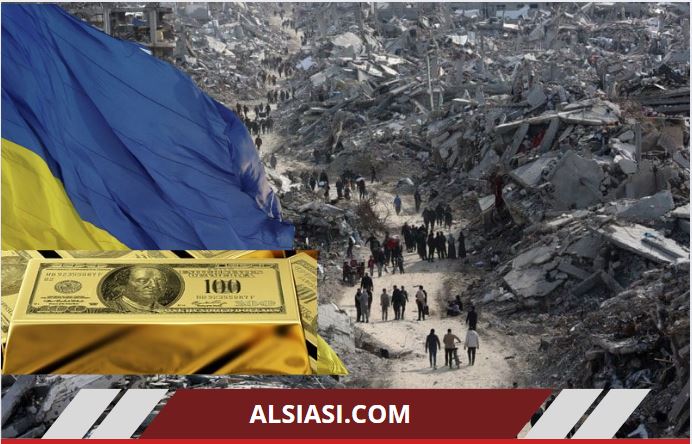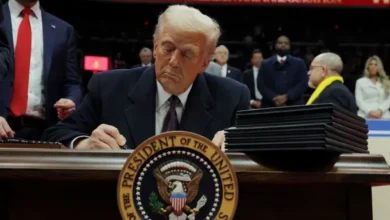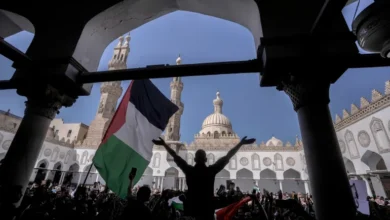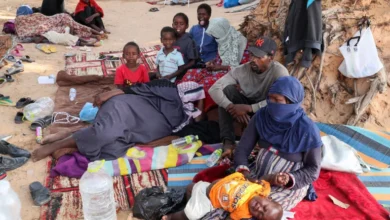The West Neglects Gaza While Pressuring Wealthy Arab and Islamic Nations to Rebuild Ukraine

The West Neglects Gaza While Pressuring Wealthy Arab and Islamic Nations to Rebuild Ukraine
While the Gaza Strip suffers from international neglect, left as an easy target for one of the most brutal and barbaric military assaults in modern history, Western nations are racing to organize conferences addressing the political, humanitarian, and military situation in Ukraine.
On July 10, New York is set to host a major international conference titled “Assessing the Damage from the Russian Invasion,” with participation from numerous countries—mainly from the Global South, alongside Arab and Islamic nations.
This event comes after Western countries disregarded a previously proposed conference scheduled for late June that was intended to discuss recognition of the State of Palestine and call for a halt to the ongoing Israeli aggression on Gaza, which continues to suffer daily massacres and faces an unprecedented humanitarian famine.
Western powers appear more concerned with the sentiments of Ukrainian President Volodymyr Zelensky and Israeli Prime Minister Benjamin Netanyahu, while consistently ignoring Palestinian and Arab rights and failing to implement dozens of international resolutions issued by global organizations.
An Unspoken Alliance to Isolate Russia
The United States is working to establish a covert alliance, attempting to attract countries that have maintained a neutral stance in the Russia-Ukraine conflict. By attending the upcoming conference, these nations would effectively signal unofficial alignment with the Western bloc against Moscow, potentially paving the way for deeper involvement in future economic, security, and political entanglements.
According to Western leaks, the conference aims to solicit international contributions to Ukraine’s reconstruction and to promote large-scale economic initiatives, particularly those linked to AI and technology. This appeal is particularly targeted at wealthy Gulf and Islamic countries, which often seek to project a progressive and globally engaged image to both domestic and regional audiences.
Reconstruction Promises or Economic Traps?
If these projects were genuinely profitable or sustainable, the West would not relinquish them to others. However, the economic crises facing Europe and the U.S. limit their ability to fund rebuilding efforts in Ukraine. Thus, they are turning to resource-rich but geopolitically weaker states for financing.
Western promises to wealthy Global South countries rest on the illusion of future profits through participation in Ukraine’s reconstruction. However, such projects are unlikely to materialize in the near term, as Ukraine remains in a state of war. Even if implemented, they would take years to generate returns, and Ukraine will not be in a position to repay the debt, which some Gulf nations may be pressured into offering.
Ukraine’s economic collapse will take decades to recover from, and the country is already indebted to Western states by over $180 billion.
A Hidden War Effort Under the Guise of Aid
The United States hopes that the presence of wealthy country leaders at the conference will help redirect financial commitments toward supporting Ukraine’s war effort, as Western nations are increasingly unable to sustain the costs of the prolonged conflict. In contrast, Russia remains strategically and economically prepared for a long-term war, a reality that has stunned European observers.
Ukraine’s natural resource wealth, once considered a strategic asset and perhaps one of the very reasons it was drawn into this war, is no longer a viable foundation for recovery. The country has effectively surrendered control of its resources—particularly after President Zelensky signed the Critical Minerals Agreement with the United States. Under this deal, Ukraine is expected to pay $100 billion to the U.S., following a prior demand by former President Donald Trump for $300 billion in exchange for political support.










